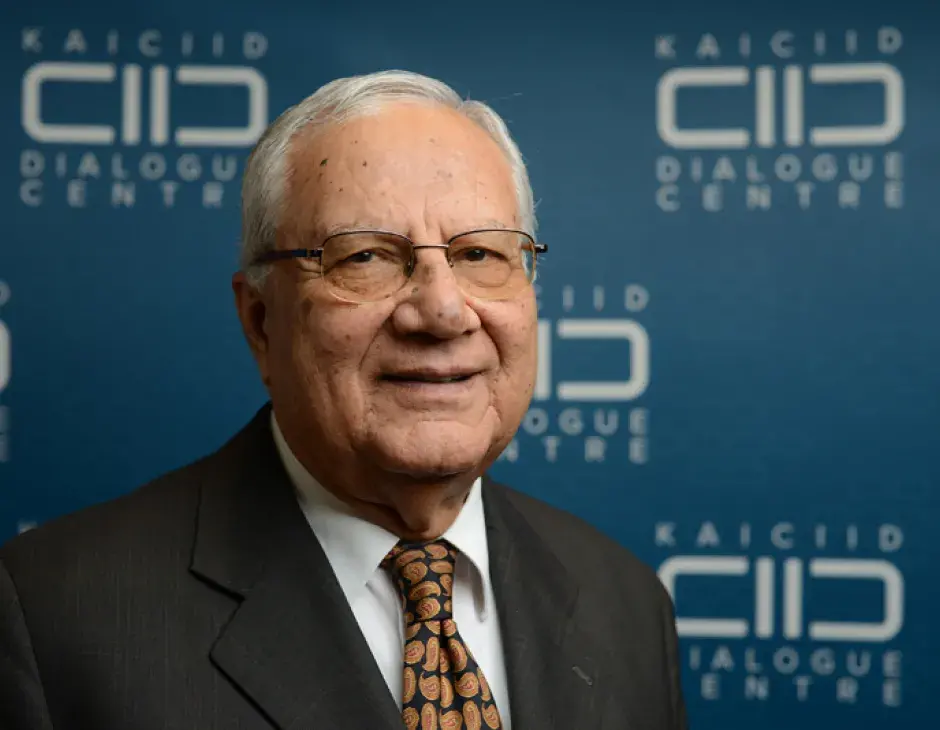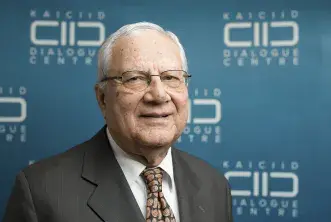On the Universal Declaration of Human Rights
By: Dr. Mohammad Sammak
• In principle the UN Declaration of Human Rights reflects being dignified by God, regardless of ethnicity, color, culture or religion.
• In Islam all human beings are dignified, even those who do not believe in any religion.
• The Declaration reflects another Islamic principle, that of freedom of conscience, besides all other basic principles. That is why it was easy for the Declaration to interface with Islam.
• Muslim religious leaders tried to reflect the principles of the Universal Declaration in Islam. This initiative promoted the culture of human rights in Islamic societies.
• This does not mean that there were no challenges. Maybe the most acute challenge was about the right to change religion, even for children, or the young.
• This challenge was not addressed properly so far, and consequently was not solved.
• The Universal Declaration, in spite of all its humanitarian principles, focuses mainly on the Western Culture and ignores or under estimates other cultures (Asian and African) that are deeply rooted in societies of billions of people.
• I believe that it would be wise to take this fact into consideration, especially in the other Declaration of the Rights of Children.


